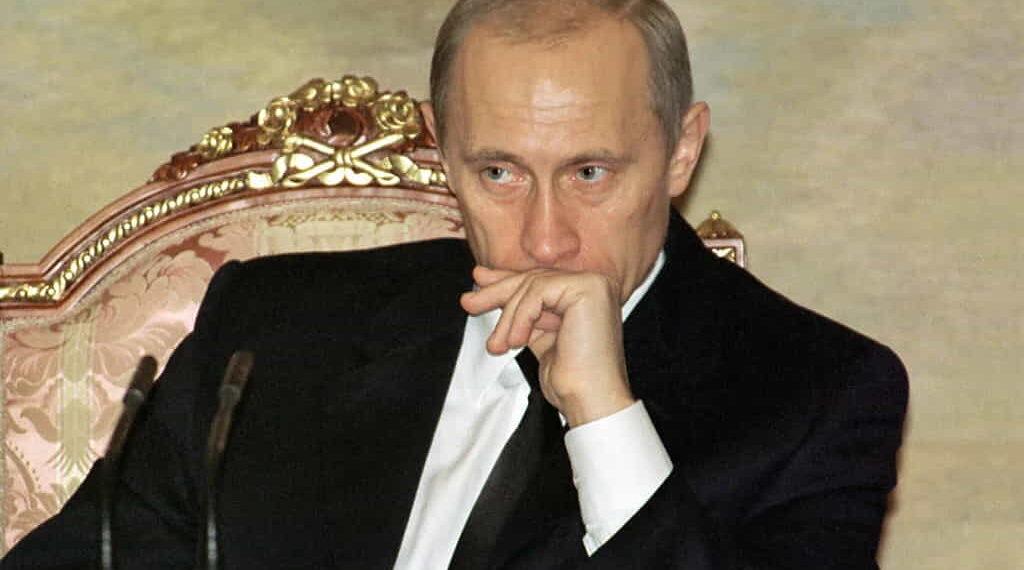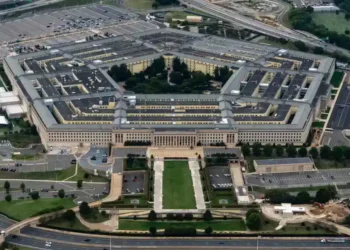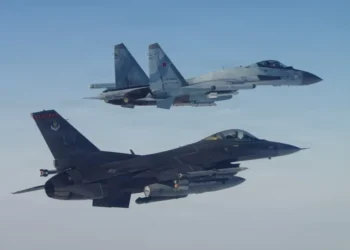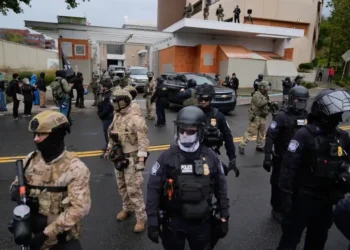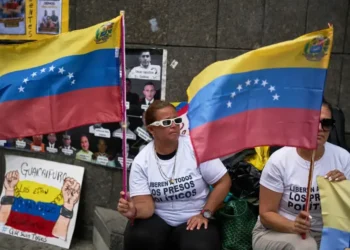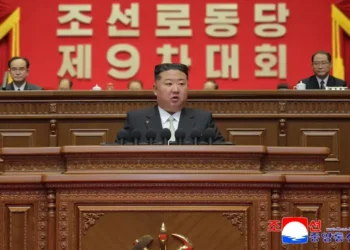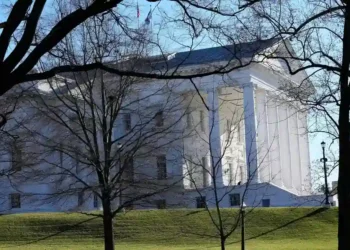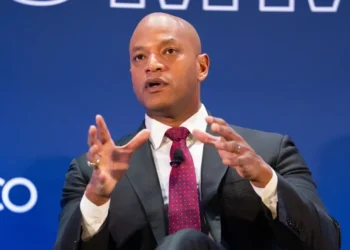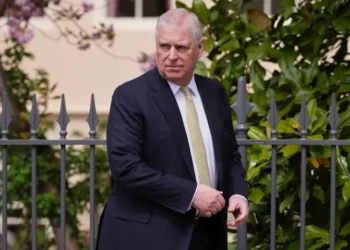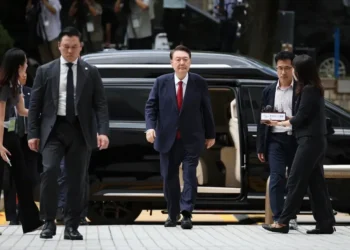“He is an Introvert – A Man of Deeds, Not Words”: The Rise of Vladimir Putin to Power in Russia
When Vladimir Putin became acting president of Russia on December 31, 1999, he was an enigma to many. A former KGB officer with a quiet demeanor, he rose to prominence with minimal fanfare, ultimately becoming one of the most powerful leaders in the world. This article explores how Putin’s tough childhood and strategic rise through the ranks of Soviet and Russian politics propelled him to the Kremlin.
A Surprising New Leader
On the last day of the 20th century, Russian president Boris Yeltsin stunned the nation by announcing his resignation. In a televised address, Yeltsin declared, “Russia must enter the new millennium with new politicians, new faces, new intelligent, strong, and energetic people.” His presidency, marred by corruption, political instability, and economic challenges, had become increasingly unpopular. Though he played a key role in the dissolution of the Soviet Union in 1991, his leadership had left Russia in turmoil as it transitioned from a state-run economy to a free-market one.
At midnight, Putin, then prime minister, addressed the nation as acting president. Calm and composed, he promised there would be no power vacuum, warning that any lawbreaking would be “decisively crushed.” In stark contrast to the erratic behavior of Yeltsin, whose frequent health issues and alcohol problems made headlines, Putin presented a more disciplined, fit, and sober image—qualities that endeared him to many Russians tired of uncertainty.
Putin’s Stealthy Rise
Putin’s ascent to power was rapid and unexpected. In August 1999, he was appointed prime minister, despite being largely unknown to the public. A former KGB agent, he had been plucked from relative obscurity. By the time he became acting president in December of the same year, he had earned popularity for his tough stance on the war in Chechnya, a separatist region in Russia.
In March 2000, Putin secured the presidency, winning nearly 53% of the vote in the first round of elections. With Russia seeking stability, his message of restoring strength and order resonated deeply. The new leader of the world’s largest country, Putin, though previously a shadowy figure, had positioned himself as the strongman who could restore Russia’s power and dignity.
A Man of Action: From Humble Beginnings
Vladimir Putin was born in 1952 in Leningrad (now St. Petersburg), seven years after the city had endured a brutal siege during World War II. His older brother died during the siege, and his parents barely survived. Raised in a cramped communal apartment infested with rats and cockroaches, Putin’s childhood was marked by hardship and resilience. He often recalled having to fight rats in the hallway, a story he would later use to symbolize his rise from adversity.
Putin’s childhood friend, Maria Osorina, described him as a small, thin boy who had to toughen up to survive in the tough environment. “It was survival of the fittest,” she said. “He was determined to be strong so he wouldn’t get beaten up.” His parents, while deeply loving, were emotionally restrained. Putin’s father was known for his cold demeanor, and his mother’s affection was similarly reserved.
Despite these tough conditions, Putin excelled academically. He developed a keen intellect and a desire to keep a low profile, which would serve him well later in life. A schoolmate recalled that Putin was never the center of attention, preferring to influence events from behind the scenes. “He was a man of deeds, not words,” said Sergei Kudrov, a former classmate. “He was an introvert—nothing like Yeltsin, who sought the spotlight.”
The KGB and a Life in the Shadows
From a young age, Putin harbored a fascination with the KGB, the Soviet Union’s intelligence agency. Inspired by the 1968 Soviet spy film The Shield and the Sword, which depicted a Russian double agent during World War II, Putin dreamed of serving his country as an undercover operative. He pursued this ambition by studying law and later joining the KGB, where he spent over 16 years living a double life as an intelligence officer.
During the fall of the Berlin Wall in 1989, Putin was stationed in East Germany. The collapse of the Soviet Union in 1991 left him at a crossroads, but his loyalty to Russia and the KGB remained unwavering. Shortly thereafter, Putin returned to Leningrad, where he became deputy to the new mayor, Anatoly Sobchak. This role marked the beginning of his political career. After Sobchak’s political defeat, Putin was brought to Moscow, where his ascent within the Yeltsin administration accelerated.
The Kremlin’s Stealthy Strategist
By 1999, Putin had become a key figure in the Russian government, serving as prime minister under Yeltsin. His rise was swift and strategic, as he positioned himself as a reliable, strong leader capable of guiding Russia out of its chaos. Unlike Boris Yeltsin, whose unpredictable behavior and health problems had made him an unreliable figure, Putin projected an image of calm authority.
Putin’s friend, Maria Osorina, noted that his leadership style was a “breath of fresh air” compared to previous Russian leaders. “He is the first leader since the Revolution that I really like,” she said. “He’s the first one I’m not ashamed of.”
A Quarter-Century of Power
Over the next two decades, Putin solidified his grip on power, becoming Russia’s longest-serving leader since Joseph Stalin. By 2024, Putin, now 72, has served as president for more than a quarter-century. While opposition to his rule has largely disappeared, he remains a dominant figure in Russian politics, with few obstacles to his continued reign.
Putin’s rise from a modest, tough childhood in Leningrad to the presidency of Russia is a testament to his resilience, strategic mind, and ability to adapt to the political winds. Whether beloved or despised, Putin’s grip on power is unlikely to loosen anytime soon, making him one of the most enduring and enigmatic figures in modern global politics.
This article was rewritten by JournosNews.com based on verified reporting from trusted sources. The content has been independently reviewed, fact-checked, and edited for accuracy, neutrality, tone, and global readability in accordance with Google News and AdSense standards.
All opinions, quotes, or statements from contributors, experts, or sourced organizations do not necessarily reflect the views of JournosNews.com. JournosNews.com maintains full editorial independence from any external funders, sponsors, or organizations.
Stay informed with JournosNews.com — your trusted source for verified global reporting and in-depth analysis. Follow us on Google News, BlueSky, and X for real-time updates.
